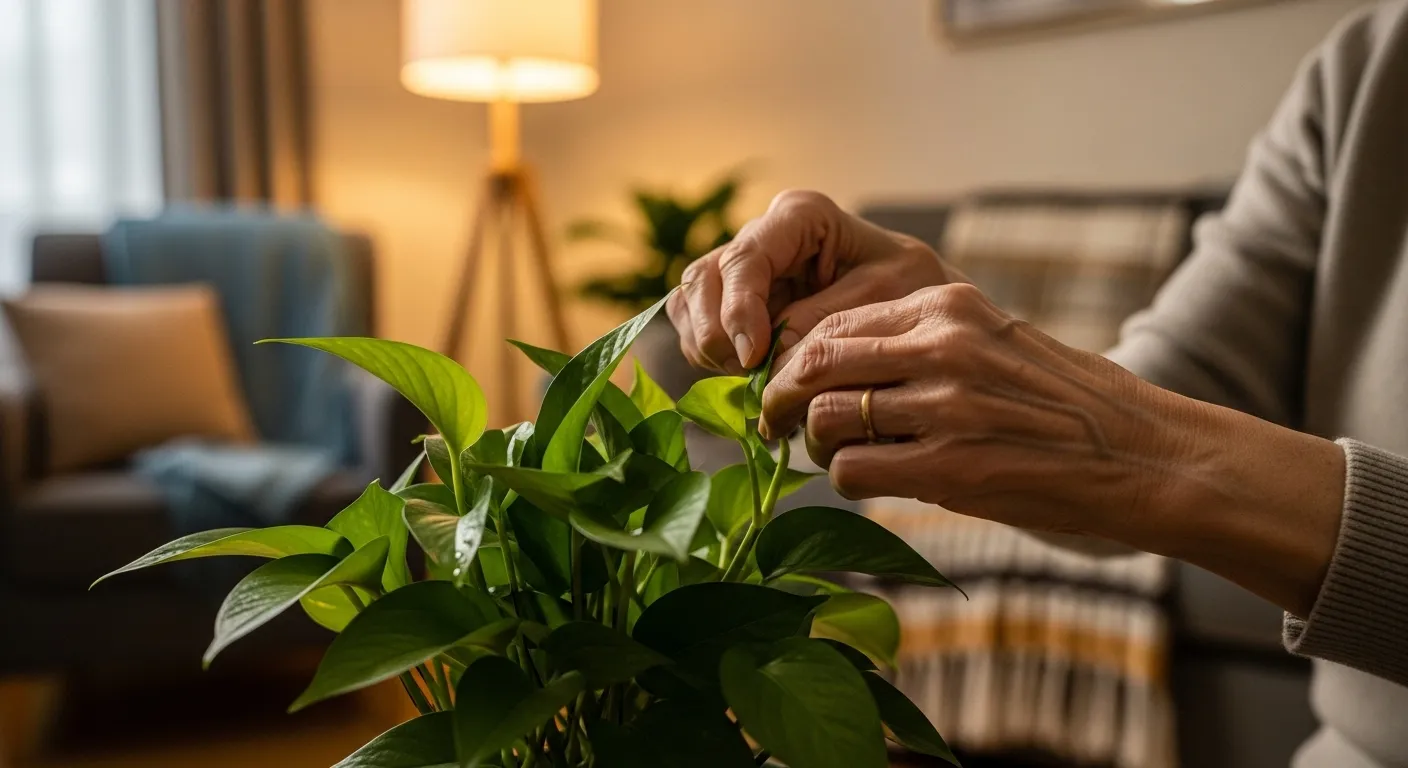
9 Everyday Signs You’re Not Absorbing Vitamin D Properly
Our bodies have a gentle way of communicating with us. The key is to listen. The following signs are not definitive proof of a deficiency, but they are invitations to pay closer attention to your health and, if needed, have a conversation with your doctor. They are common, everyday feelings that we might sometimes dismiss as just “part of getting older,” but they could be pointing to something more specific.
1. Persistent Aches in Your Bones and Joints
Do you feel a deep, persistent ache in your bones, especially in your back, hips, or legs? It might be different from the sharp pain of an injury. This kind of widespread achiness can be a sign that your body isn’t getting enough Vitamin D. Without enough of this vitamin, your body can’t properly direct calcium to your skeleton. This can lead to a condition called osteomalacia, which means “soft bones,” and it can cause significant discomfort and pain, often mistaken for arthritis or fibromyalgia.
2. Muscle Weakness or Unexplained Cramps
Feeling like your muscles just aren’t as strong as they used to be? Perhaps you find it a bit harder to get up from a chair, climb stairs, or carry your groceries. While some muscle loss is a natural part of aging, significant or sudden weakness, especially in the large muscles of your thighs and pelvis, can be linked to poor Vitamin D status. The vitamin is essential for muscle fiber function. When levels are low, muscles can feel weak, sore, or cramp more easily. This is particularly important for seniors because strong muscles are our number one defense against falls.
3. Overwhelming Fatigue and Tiredness
Everyone feels tired from time to time. But if you are feeling a bone-deep weariness that a good night’s sleep just doesn’t seem to fix, it’s worth paying attention. Chronic fatigue is a very common but often overlooked symptom of low Vitamin D levels. Researchers believe the vitamin plays a role in energy production within our cells. When we don’t have enough, our body’s engine can feel like it’s running on empty, making it hard to find the energy for daily activities.
4. A Noticeable Dip in Your Mood
Have you been feeling unusually down, blue, or just not like yourself? Our mood is complex, but Vitamin D appears to play a part in it. There are Vitamin D receptors in the same areas of the brain that are associated with mood regulation. While a deficiency is not the sole cause of feeling low, studies have shown a strong link, especially in older adults. Ensuring you have enough of the “sunshine vitamin” can be a supportive piece of your overall mental and emotional well-being.
5. You Seem to Be Getting Sick More Often
If you find yourself catching every cold or bug that goes around, your immune system might be calling for a little help. Vitamin D is a powerful modulator of our immune response. It helps arm our T-cells, the body’s frontline soldiers against viruses and bacteria. When Vitamin D levels are low, our immune defenses can be weakened, leaving us more vulnerable to respiratory infections and other illnesses.
6. Wounds That Heal Slowly
Have you noticed that a small cut or scrape seems to take forever to heal? Vitamin D plays a crucial role in the body’s healing process. It helps in the creation of new skin and manages inflammation. If your body’s natural repair system seems sluggish, it could be another subtle clue that your Vitamin D levels are not where they should be, impacting your body’s ability to mend itself effectively.
7. Unexplained Hair Loss
While some hair thinning is common with age, significant or sudden hair loss can sometimes be linked to a nutrient deficiency. Severe Vitamin D deficiency has been associated with alopecia, an autoimmune condition that causes hair loss. The vitamin helps stimulate new and old hair follicles. When there isn’t enough, the growth cycle can be stunted, leading to noticeable thinning on the scalp.
8. A History of Bone Loss or a Recent Fracture
This is perhaps the most critical sign for seniors. If your doctor has told you that you have osteopenia or osteoporosis, or if you have suffered a fracture from a minor fall, it is a very strong indicator of an issue with your bone health. Vitamin D is absolutely essential for building and maintaining bone density. A fracture from a simple stumble is a serious red flag that your skeleton is not getting the nutrients it needs to stay strong, and poor vitamin D absorption is often a primary culprit.
9. Persistent Gut or Digestive Issues
This sign is also a potential cause. If you live with a chronic digestive condition like Irritable Bowel Syndrome (IBS), Crohn’s disease, or celiac disease, your body’s ability to absorb fat-soluble vitamins is compromised. Because Vitamin D needs fat for absorption, inflammation or damage to the intestinal lining can lead to malabsorption. So, if you are struggling with your gut health, you should be especially mindful of your Vitamin D status, as this is one of the most direct reasons seniors don’t absorb vitamin D properly.













